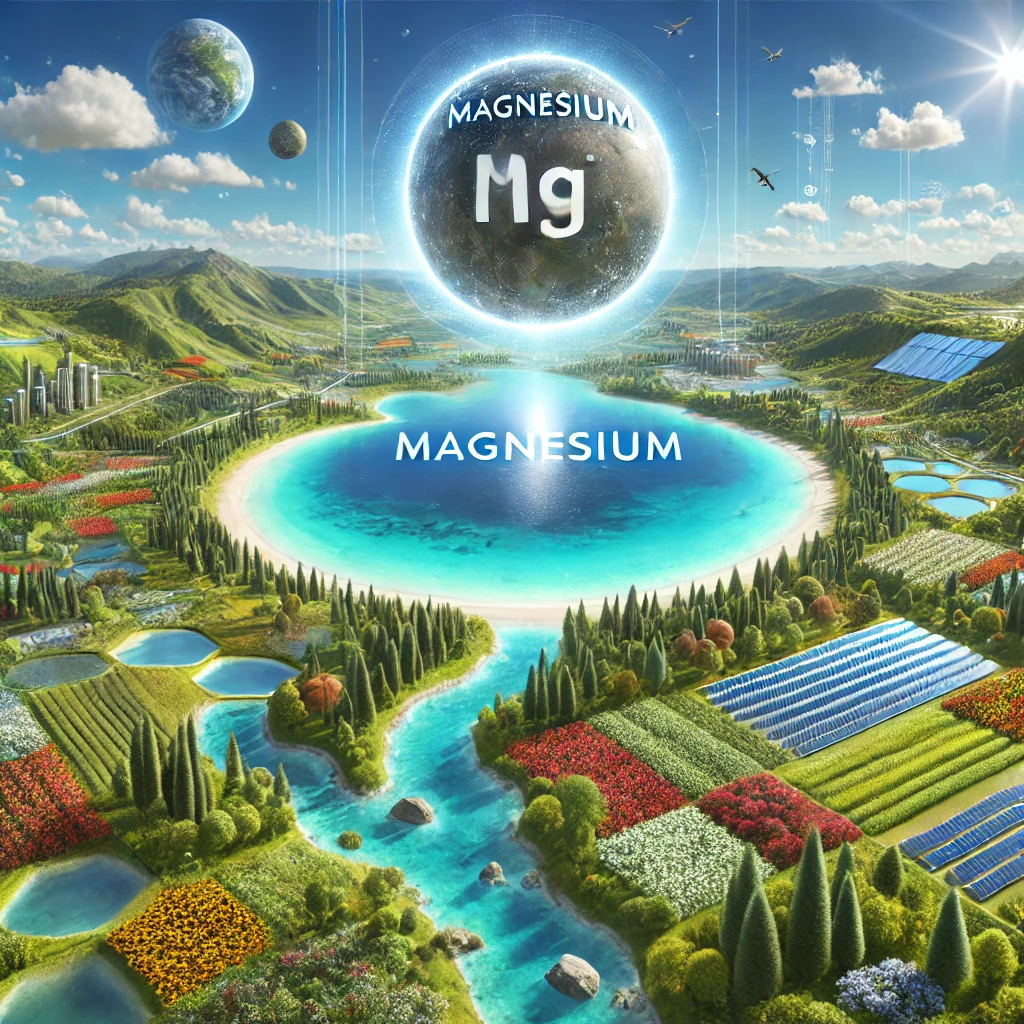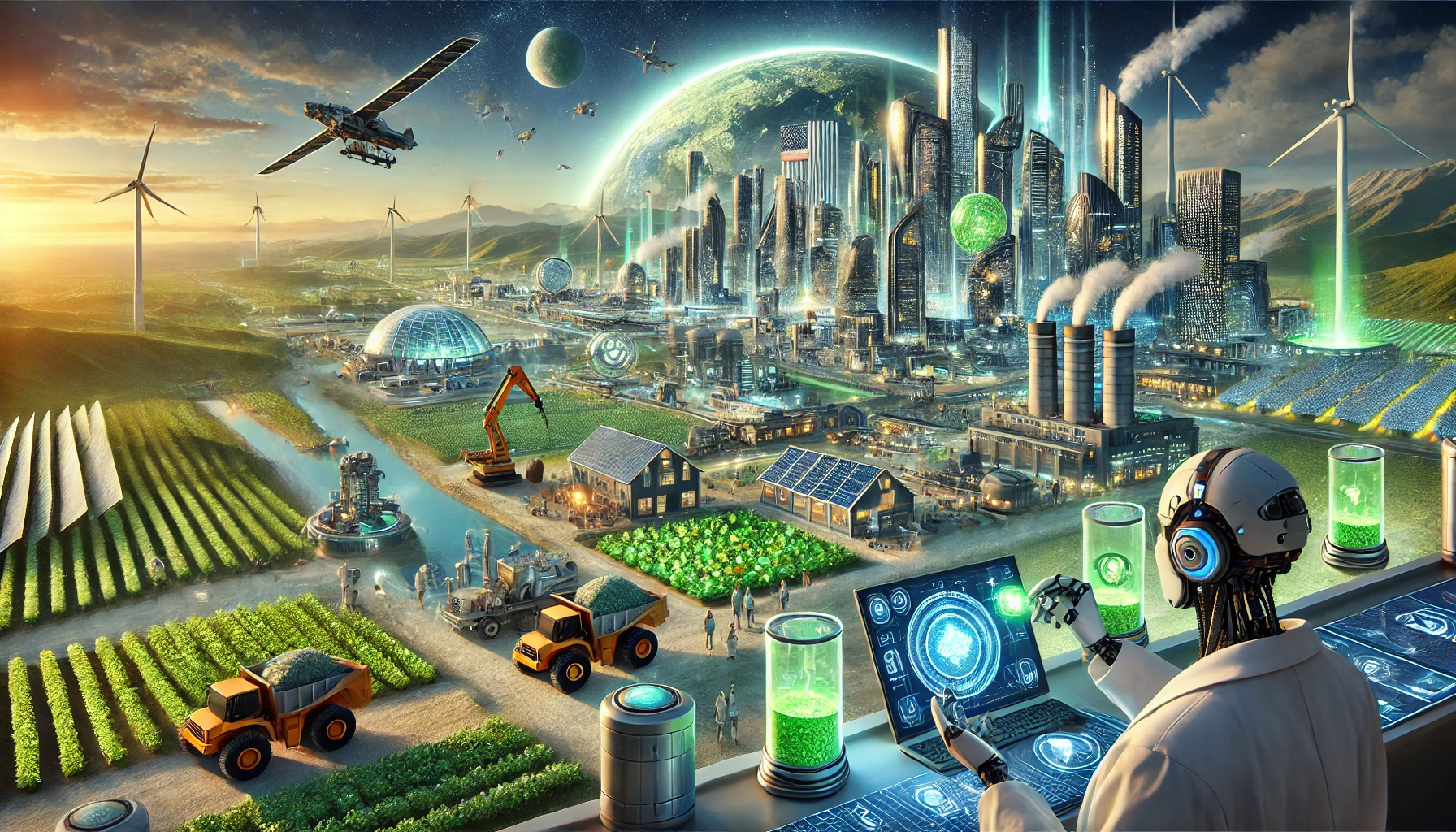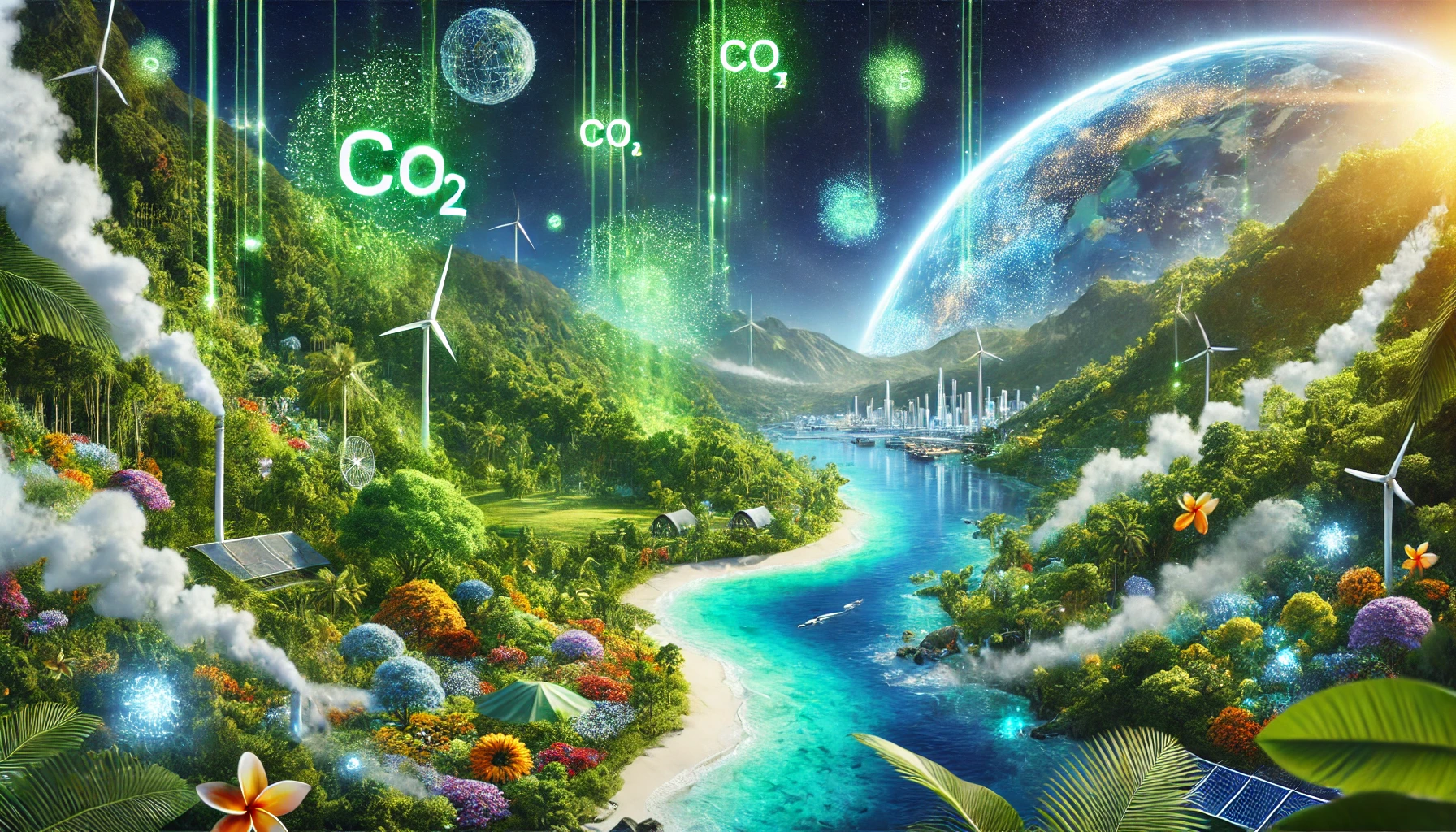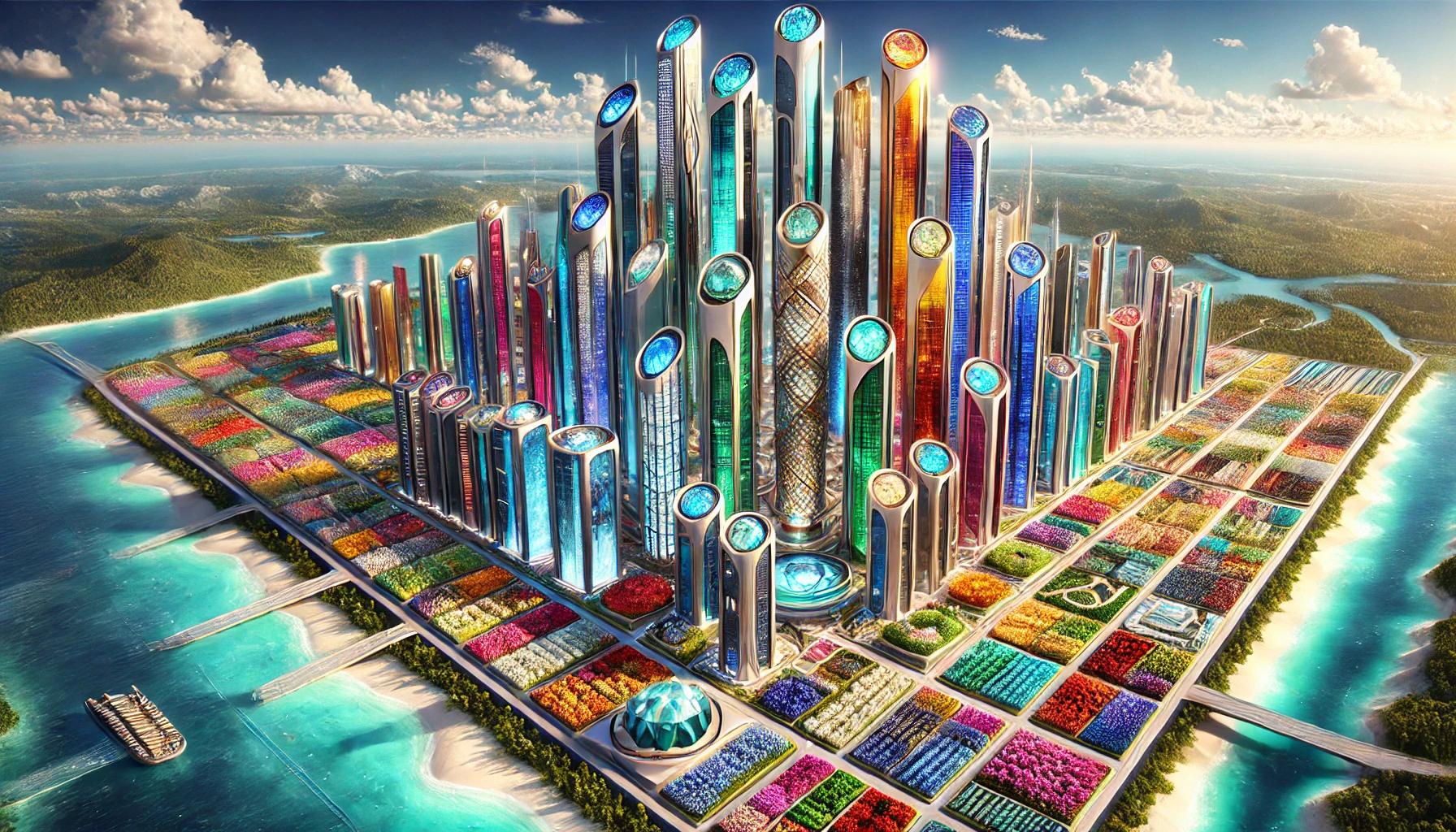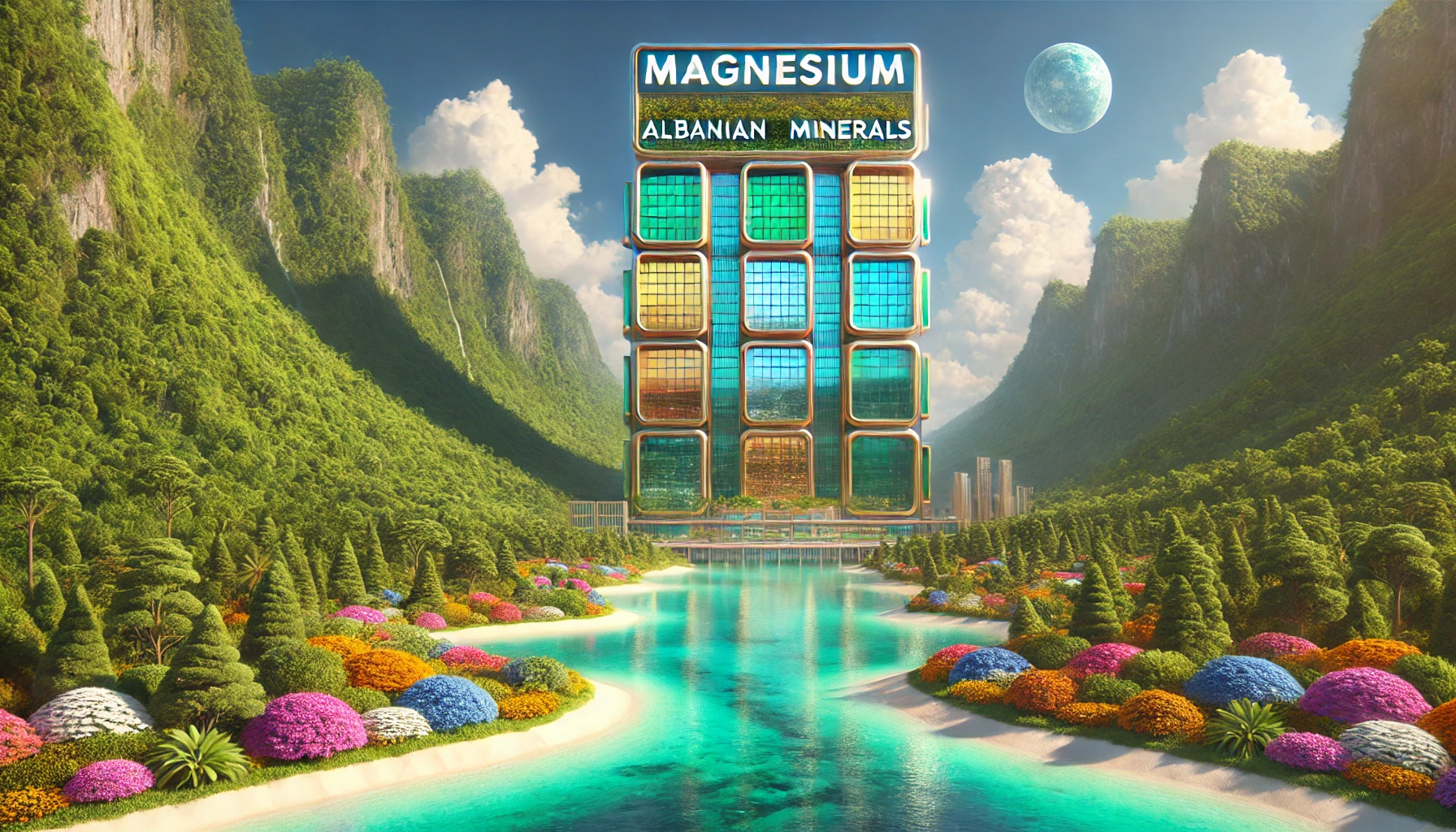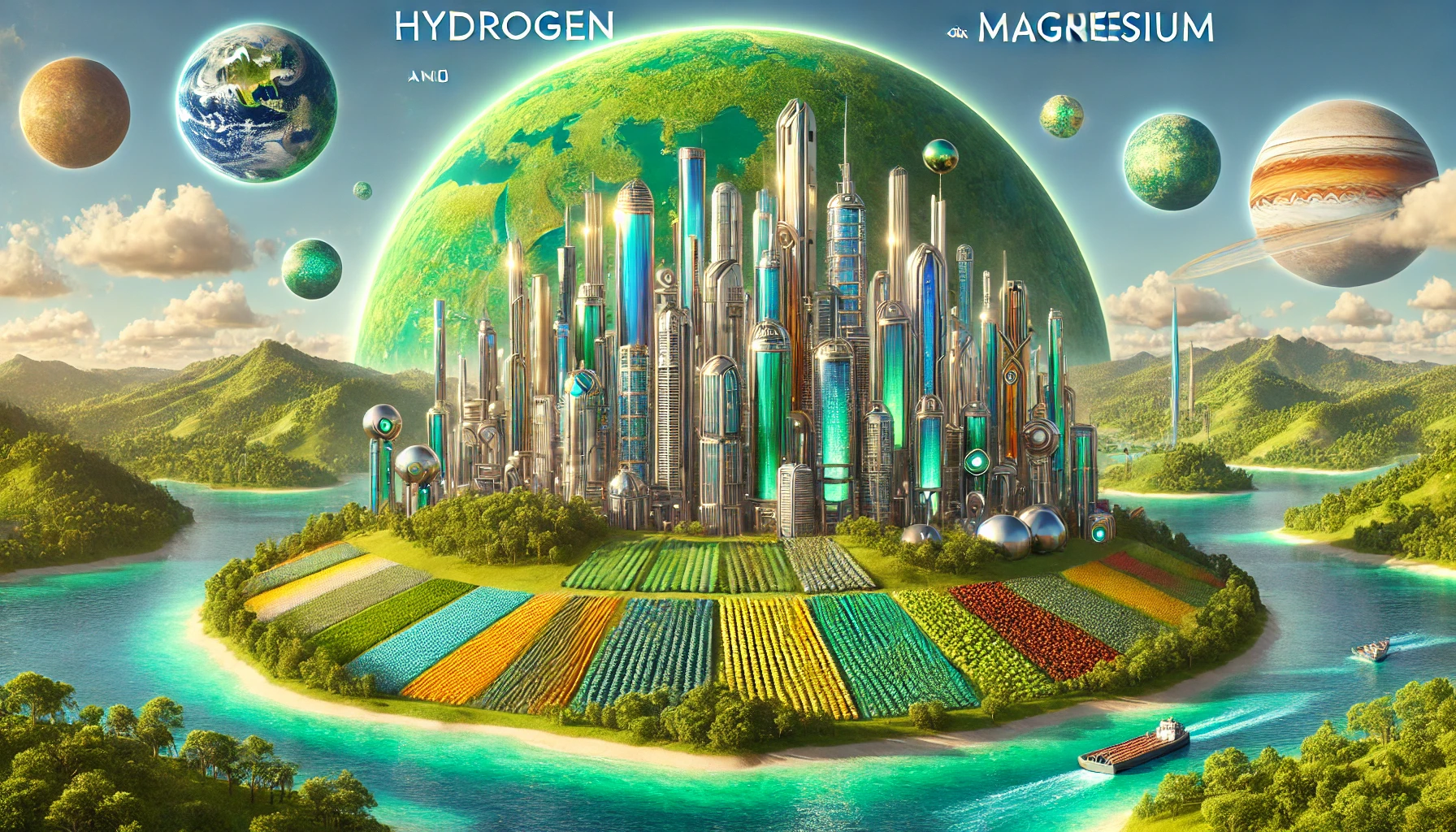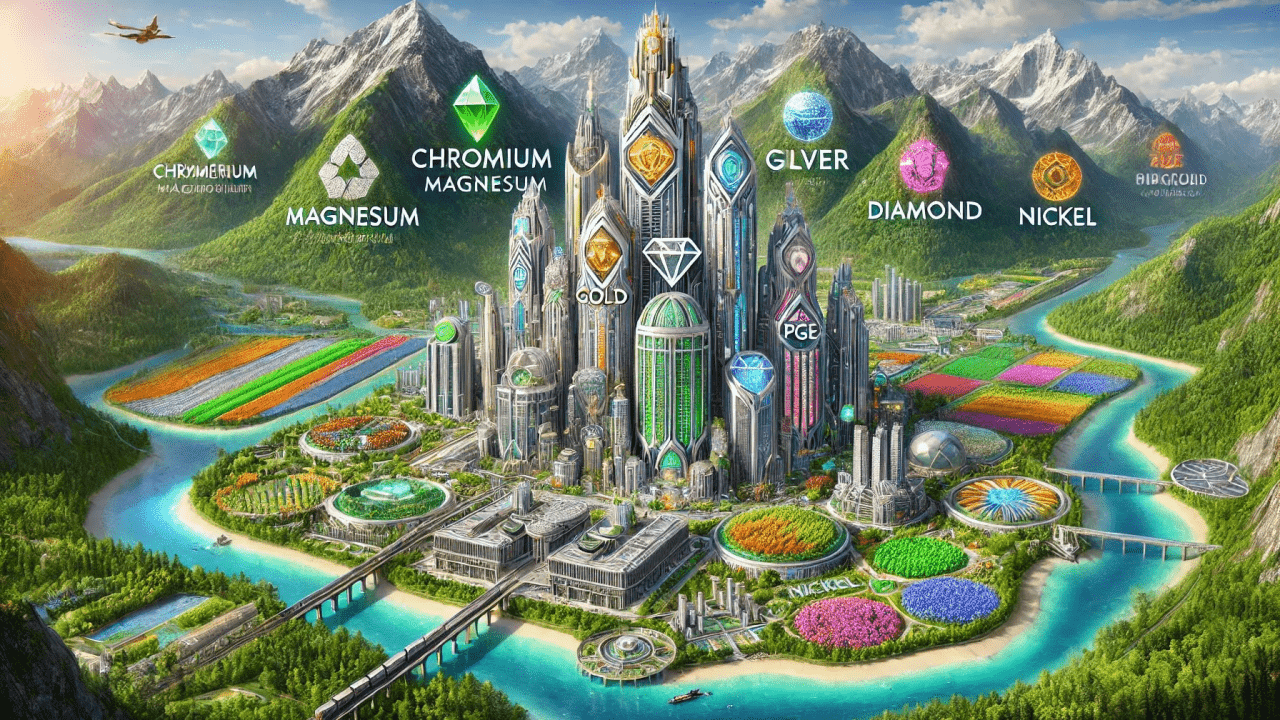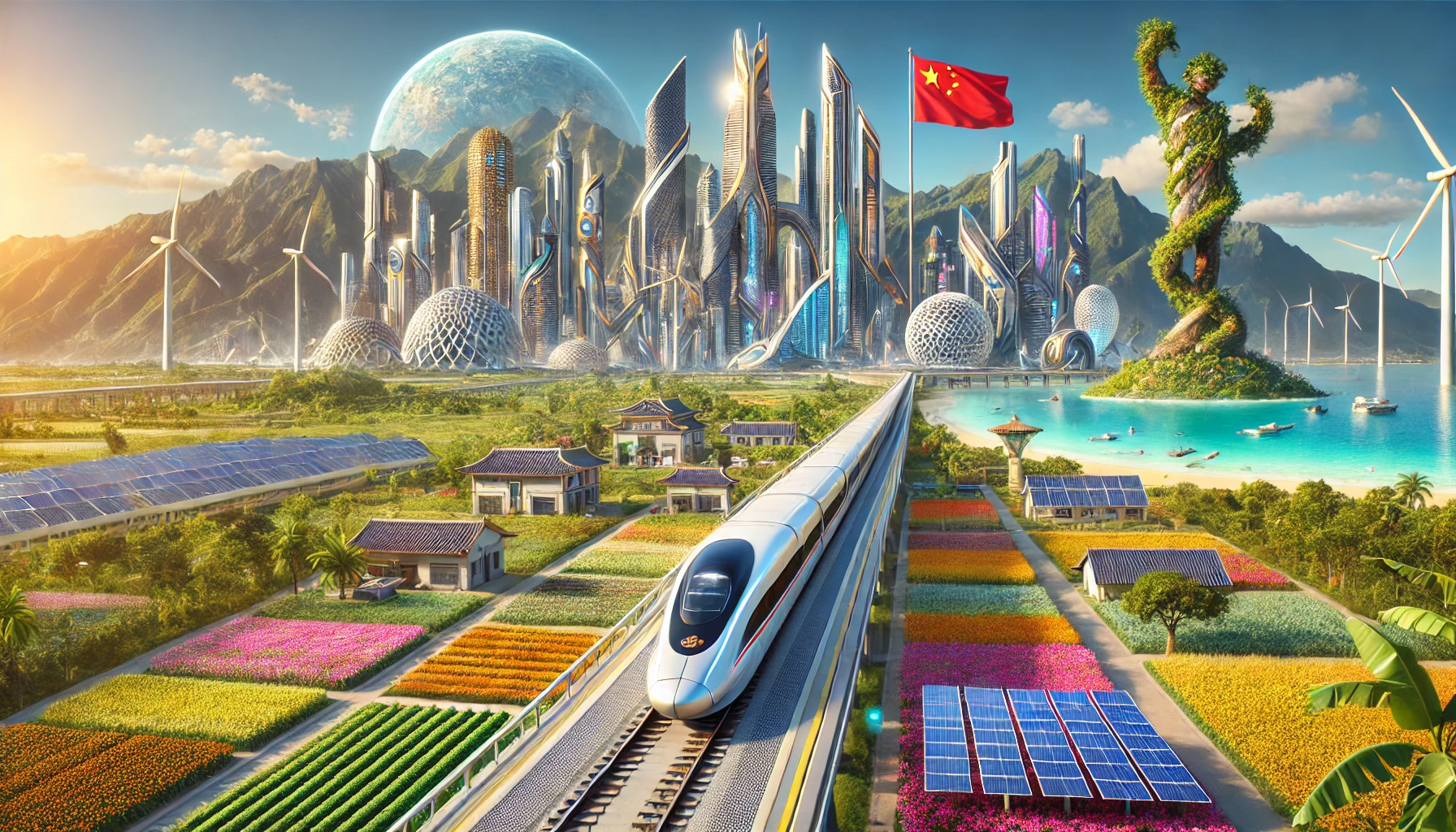
Sahit Muja, CEO of Albanian Minerals, eloquently articulates a pressing truth: climate change is indeed the paramount challenge of our era. Its manifestations, shifting weather patterns that jeopardize public health, rising sea levels that threaten to inundate coastal communities, and extreme weather events that disrupt our daily lives—represent a global crisis of unparalleled scope and severity. The urgency to act is not merely a rallying cry; it is a clarion call that compels us to undertake a transformative journey toward sustainable resource management, the preservation of vital ecosystems, and the enhancement of community resilience.
In the intricate tapestry of human existence, we find ourselves at a pivotal juncture, confronted by the relentless advance of climate change, an unprecedented and multifaceted threat that casts a long shadow over all previous challenges our civilization has faced. Mr. Muja posits that our collective responsibility extends beyond mere awareness; it necessitates an unwavering commitment to adaptation and mitigation efforts that encompass both environmental stewardship and social equity.
At the core of this endeavor lies the need for meticulously crafted standards an architectural framework that will guide our collective trajectory toward sustainability. The establishment, implementation, and enforcement of these standards are of paramount importance, especially as we embrace various sustainability certification schemes that affirm the integrity of our practices. We must champion initiatives such as deforestation-free products, the carbon border adjustment mechanism, and rigorous supply chain due diligence requirements. However, the effectiveness of these standards hinges upon a foundation of trust and shared purpose, where the accuracy of compliance assessments is subjected to stringent independent verification.
In pursuit of inclusive and sustainable industrial development, we are called upon to leverage innovative technologies and solutions that address the insidious effects of environmental degradation and climate change. These innovations must not only mitigate harm but also serve as powerful catalysts for economic growth, enabling us to lift individuals out of poverty and alleviate hunger. The interconnection between environmental stewardship and economic opportunity is crucial; it represents a dual pathway toward resilience and prosperity that we cannot afford to ignore.
As nations grapple with the existential ramifications of climate change, the imperative to adhere to increasingly rigorous environmental and social standards becomes glaringly evident. Countries aspiring to thrive in the global marketplace must recognize that their success is inextricably linked to their dedication to sustainable practices. To realize this ambitious vision, we must cultivate robust quality infrastructure systems, an amalgamation of public and private entities, policies, legal frameworks, and tangible practices that collectively underpin the quality, safety, and environmental integrity of goods and services.
The resonant call for climate action reverberates through contemporary discourse, underscoring the pivotal role of quality infrastructure as a linchpin for advancing environmental sustainability. No longer confined to the realms of economic development or consumer protection, quality infrastructure emerges as a dynamic force propelling sustainable development forward.
A meticulously designed and effectively implemented quality infrastructure system becomes integral to governmental policy objectives across a spectrum of critical issues, including sustainable industrial development, efficient resource utilization, food safety, public health, and the circular economy. Within this framework lies the essence of the 2030 Agenda for Sustainable Development and the Sustainable Development Goals, a solemn contract forged by the international community in pursuit of a harmonious future.
In alignment with this vision, we at Albanian Minerals reaffirm our unwavering commitment to empowering communities, nations, and regions as they navigate their journey toward sustainable economic and industrial development. We advocate for the re-establishment of equilibrium with our planet, recognizing that the path forward transcends technicalities; it is a profound moral imperative that requires collective action.
As we traverse this complex landscape, let us harness the power of collaboration, innovation, and shared responsibility. It is through unity of purpose that we will forge a resilient and sustainable future, one that honors our planet and secures a thriving existence for generations yet unborn. In this endeavor, every voice matters, every action counts, and together, we can rewrite the narrative of climate change from one of despair to one of hope and renewal.





